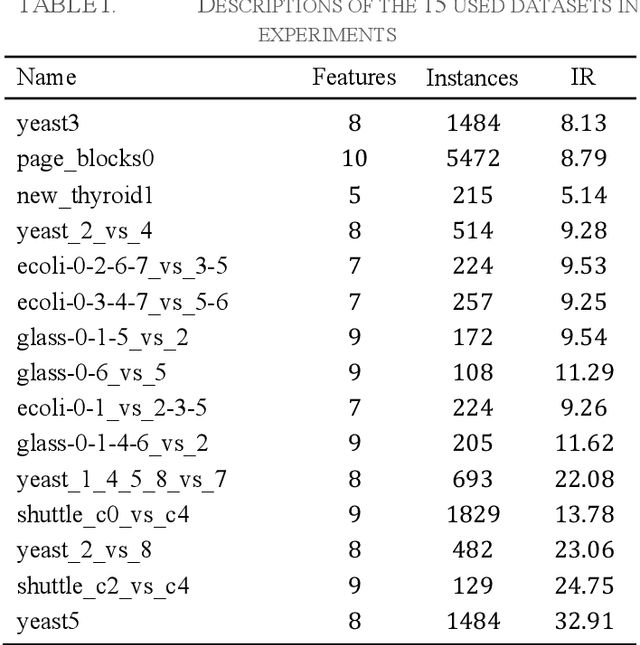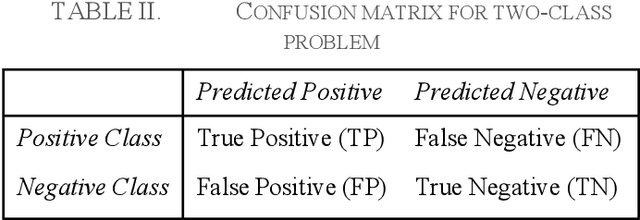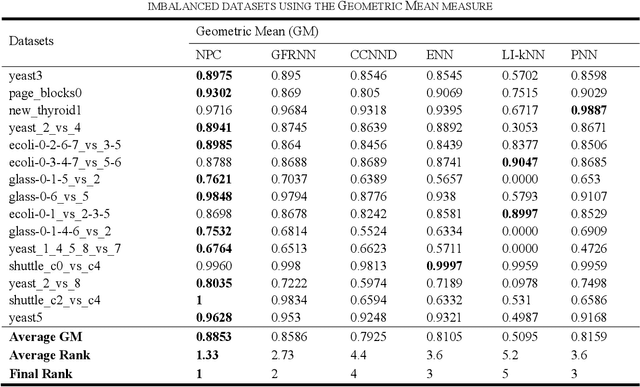Bahareh Nikpour
Explainable Attention for Few-shot Learning and Beyond
Oct 11, 2023Abstract:Attention mechanisms have exhibited promising potential in enhancing learning models by identifying salient portions of input data. This is particularly valuable in scenarios where limited training samples are accessible due to challenges in data collection and labeling. Drawing inspiration from human recognition processes, we posit that an AI baseline's performance could be more accurate and dependable if it is exposed to essential segments of raw data rather than the entire input dataset, akin to human perception. However, the task of selecting these informative data segments, referred to as hard attention finding, presents a formidable challenge. In situations with few training samples, existing studies struggle to locate such informative regions due to the large number of training parameters that cannot be effectively learned from the available limited samples. In this study, we introduce a novel and practical framework for achieving explainable hard attention finding, specifically tailored for few-shot learning scenarios, called FewXAT. Our approach employs deep reinforcement learning to implement the concept of hard attention, directly impacting raw input data and thus rendering the process interpretable for human understanding. Through extensive experimentation across various benchmark datasets, we demonstrate the efficacy of our proposed method.
NPC: Neighbors Progressive Competition Algorithm for Classification of Imbalanced Data Sets
Nov 29, 2017



Abstract:Learning from many real-world datasets is limited by a problem called the class imbalance problem. A dataset is imbalanced when one class (the majority class) has significantly more samples than the other class (the minority class). Such datasets cause typical machine learning algorithms to perform poorly on the classification task. To overcome this issue, this paper proposes a new approach Neighbors Progressive Competition (NPC) for classification of imbalanced datasets. Whilst the proposed algorithm is inspired by weighted k-Nearest Neighbor (k-NN) algorithms, it has major differences from them. Unlike k- NN, NPC does not limit its decision criteria to a preset number of nearest neighbors. In contrast, NPC considers progressively more neighbors of the query sample in its decision making until the sum of grades for one class is much higher than the other classes. Furthermore, NPC uses a novel method for grading the training samples to compensate for the imbalance issue. The grades are calculated using both local and global information. In brief, the contribution of this paper is an entirely new classifier for handling the imbalance issue effectively without any manually-set parameters or any need for expert knowledge. Experimental results compare the proposed approach with five representative algorithms applied to fifteen imbalanced datasets and illustrate this algorithms effectiveness.
 Add to Chrome
Add to Chrome Add to Firefox
Add to Firefox Add to Edge
Add to Edge